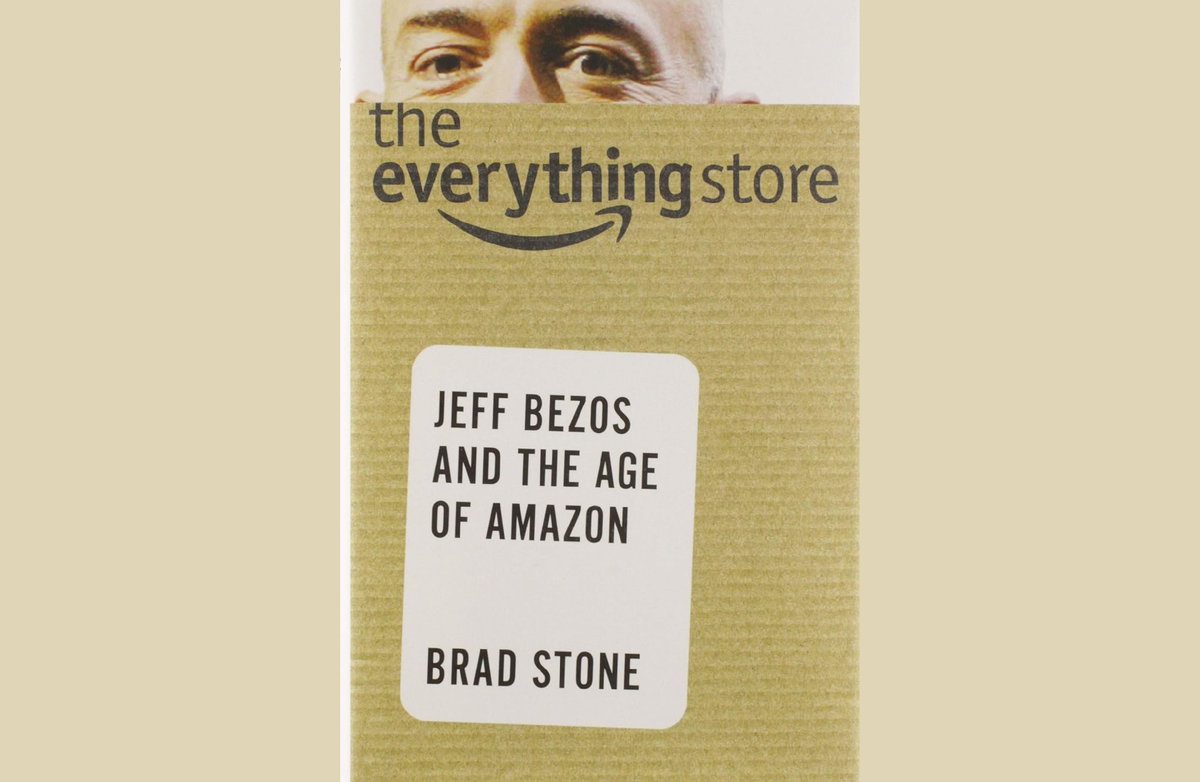Stop Wasting Company Money - do More With Less
Explore the art of achieving more with less in business. This post delves into frugality, highlighting its role in fostering innovation, efficiency, and sustainable success for entrepreneurs.

In entrepreneurship, resources are often scarce, and constraints are a given. This is where the principle of frugality becomes not just relevant but essential. Frugality, often championed by giants like Amazon, is about achieving more with less. This principle can lead to sustainable success, fostering innovation and efficiency in ways unlimited resources never could.

Efficiency Over Extravagance
Maximize Impact, Minimize Waste
Frugality is about the intelligent allocation of resources. It's not about cutting corners but cutting out the fluff. Focus on what truly adds value to your customers and your business. Every dollar saved is a dollar that can be invested in growth and innovation.
Example: Amazon's use of simple, recyclable packaging for shipments. Instead of extravagant packaging, Amazon focuses on efficient, minimalistic packaging that does the job without unnecessary costs or waste.
Innovation Born of Constraint
Necessity: The Mother of Invention
"Frugality drives innovation, just like other constraints do. One of the only ways to get out of a tight box is to invent your way out." Jeff Bezos.
When resources are limited, creativity thrives. Constraints force you to think outside the box, challenge the status quo, and innovate. Embrace these limitations as opportunities to develop unique solutions and stand out in the market.
- Example: The development of Amazon's data centers for AWS. Due to cost constraints, Amazon innovated using inexpensive commodity hardware for its servers instead of costly, high-end equipment. This approach saved money and led to the developing of highly scalable and cost-effective data centers.
Cultivating Resourcefulness
Develop a Can-Do Attitude
In a frugal environment, resourcefulness is critical. It's about doing more with what you have. Encourage your team to brainstorm unconventional solutions, leverage existing assets in new ways, and think strategically about every expense.
- Example: The creation of AmazonBasics, Amazon's private label brand. By identifying popular, simple items (like cables, batteries, and home essentials) and producing them more cost-effectively, Amazon demonstrated resourcefulness in both product development and market positioning.
Self-Sufficiency: A Valuable Asset
Independence Fuels Growth
Fostering a culture of self-sufficiency means relying on internal talents and capabilities. It encourages a deeper understanding of your business and can lead to developing proprietary, cost-effective solutions that give you a competitive edge.
- Example: Amazon's development of its delivery network, including cargo planes and delivery vans. This move towards self-sufficiency reduced reliance on third-party shipping services, allowing Amazon to save on shipping costs and have greater control over its logistics.
Embracing Sustainability
Eco-Friendly Equals Business-Friendly
Frugality aligns with sustainability. Using resources wisely reduces waste and promotes environmental stewardship, which is increasingly important to consumers. Sustainable practices are not just good for the planet; they're good for business.
- Example: Amazon's commitment to renewable energy. Amazon has invested in solar and wind projects to power its data centers, reducing reliance on non-renewable energy sources and aligning with sustainable, cost-effective energy solutions.
Creating Long-term Value
Strategic Spending for Future Success
Frugality is about long-term thinking. It involves making decisions that might not offer immediate cost savings but will create more excellent value in the long run. This strategic approach can lead to more sustainable growth and stability.
- For example, Amazon invested long-term in Alexa and Echo smart speakers. Despite initial costs and the risk of entering a new market, this investment has positioned Amazon as a leader in the smart home industry, creating long-term value for the company.
Empowering Decision-Making
Every Team Member as a Cost Manager
When frugality is a core principle, every team member becomes a cost manager. This empowerment leads to a more engaged workforce, where everyone is aligned in making the business more efficient and effective.
- Example: The decentralized structure of Amazon's teams is known as "two-pizza teams." These small teams operate with a high degree of autonomy, making cost-effective decisions quickly and independently, which aligns with Amazon's principle of frugality in empowering decision-making at lower levels.
"The core of the company is frugal. We spend money on things that matter to customers and we don't spend money on things that don't." Jeff Bezos.
In Conclusion
Frugality in business is not about being cheap; it's about being smart. This principle can drive innovation, sustainability, and long-term success. As entrepreneurs, embracing frugality can help you make the most of your resources, stand out in the market, and build a business that's successful today and poised for future growth.
So, think creatively, spend strategically, and remember less can often be more in business.



